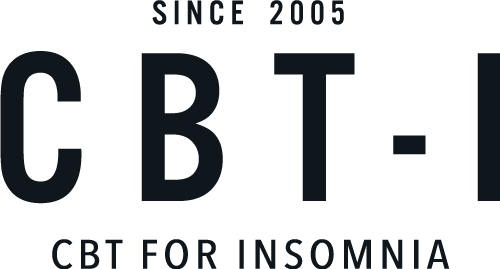Use of BZD-Z Drugs for Insomnia In Older Adults
Although multiple insomnia treatment practice guidelines recommend that benzodiazepines (BZD) and benzodiazepine receptor agonist “Z” drugs such as Ambien/zolpidem (Z) be prescribed at the lowest dose for 2–4 weeks, a surprising number of older adults take BZD/Z for years. In 2023, the Centers for Disease Control and Prevention reported that 12 % of adults age 65 or older took BZD/Z drugs to sleep every day or most days in the past 30 days. A 2021 cross-sectional study of 1,024 seniors prescribed BZD/Z drugs found that 45% met dependence criteria and had been taking them for an average of 13 years, while 20% were taking more than one BZD/Z at a time.
Adverse effects associated with BZD drugs include anterograde amnesia, disinhibition, fatigue, depression, tolerance, dependence, and withdrawal, especially with long-term use, whereas adverse effects of Z drugs include amnesia, daytime drowsiness, impaired concentration, confusion, and falls. Amnesia and sleepwalking/sleep driving are the two most common adverse effects of Z-drugs reported to the Food and Drug Administration (FDA), prompting the FDA to issue an updated black box warning that complex sleep behaviors occurring while taking Z-drugs can lead to serious injuries or death. Mid-life and older adults taking hypnotics are also at increased risk for later developing dementia. A 2024 meta-analysis of 26 studies involving 4 million participants found a 2-fold increased risk for developing Alzheimer’s disease at a mean follow-up of 4 years in those who reported taking hypnotics for more than 1 year and/or at higher doses.
